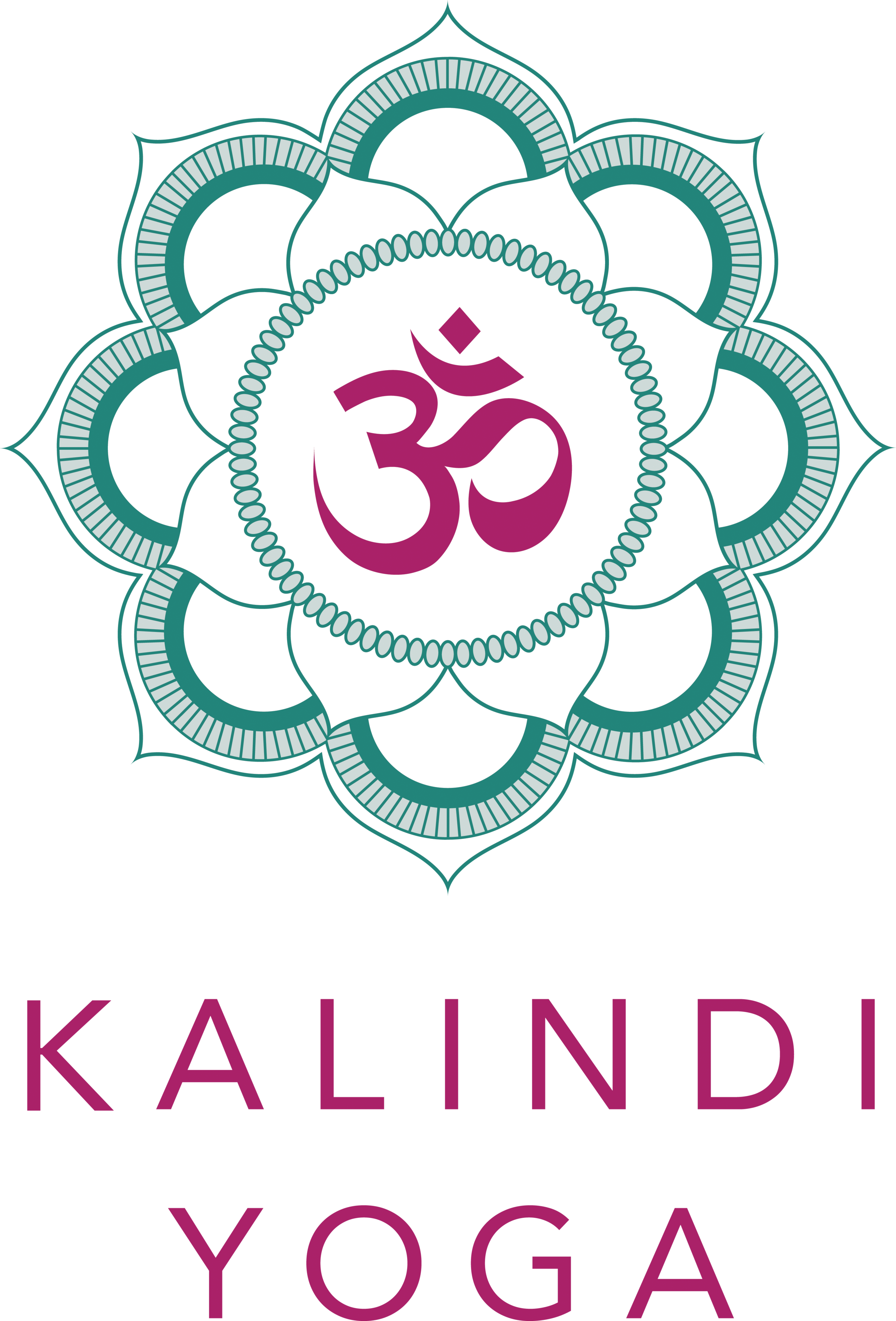5 symptoms of decreasing oestrogen as we age
What does oestrogen do?
Oestrogen is one of the main female sex hormones and is responsible for;
growth of breasts
growth of pubic and underarm hair
the start of menstrual cycles
controls cholesterol
bone health
mood
skin health
heart health
cognitive function
During menstruation oestrogen is responsible for the growth and repair of the uterus wall. When the levels are high enough, it stimulates the release of luteinising hormone from the pituitary gland which causes an egg to be released from the follicle. This stage of the menstrual cycle is known as ovulation, around day 14.
Oestrogen is highest in the middle of your cycle, known as the follicular phase (from the start of your period until ovulation) and then levels drop after ovulation. Levels are at their lowest during menstruation.
But what happens when we age?
As we age, our oestrogen levels naturally decrease. We have our highest levels at around the age of 30-35. From 35 onwards, our oestrogen levels slowly decrease, moving towards the peri-menopause and the menopause. This comes with many unpleasant symptoms such as vaginal dryness, hot flashes and irritability, to only name a few.
Throughout a woman's 40s, she will start to experience peri-menopause symptoms as her levels of oestrogen decrease. When a woman reaches her 50s, her oestrogen levels are dramatically different from her levels at age 30. After the menopause, a woman's oestrogen levels are at their lowest, with continuing decrements well into her 80s.
What effect does this have on a woman's body?
With our levels of oestrogen continually decreasing from around the age of 40, we can expect some changes within our body too. Here are 5 symptoms of decreasing oestrogen to look out for:
1. Vaginal dryness that may cause discomfort during sexual intercourse
2. Headaches or migraines
3. Unstable mood/irritability
4. Depression and/or anxiety
5. Interrupted sleep
What can I do to help myself?
There are medicinal and natural ways to help boost your oestrogen levels to reduce the symptoms of the peri-menopause or menopause. Hormone Yoga Therapy is one way to boost your oestrogen levels and make the menopause a more pleasant thing to experience and to appreciate, rather than something to dread.Hormone Yoga Therapy is a combination of yoga postures, breathing techniques, relaxations, visualisations and anti-stress techniques designed by Dinah Rodrigues as a way to stimulate your glands and reduce your stress response leading to healthier hormone production.
You can also look into dietary changes that may help and also herbs that can be added to meals that are said to boost oestrogen levels.
Building self-care into your week is also a wonderful way to help your body balance its hormones. Reducing your stress levels has a huge impact on the endocrine's ability to balance the hormones your body needs. When we're stressed, it sends signals to the body to suppress non-essential functions, it overrides the body. If we can reduce that, our endocrine system stands a much better chance of being able to do its job.
Of course, it's a very natural progression for our body to enter the menopause and thus experience a reduction of oestrogen, however, the way we view the menopause can also impact how we deal with it. It's often spoke about as a negative thing when in fact, we can learn to be amazed at our body and what it does for us even when we are experiencing unpleasant symptoms. We can learn to take care of ourselves to make this period of our life more manageable. We can learn to listen to our body and rest when we need. Our mental approach can have just as much effect on our endocrine and nervous systems as the chemical reactions that naturally occur as we age.

